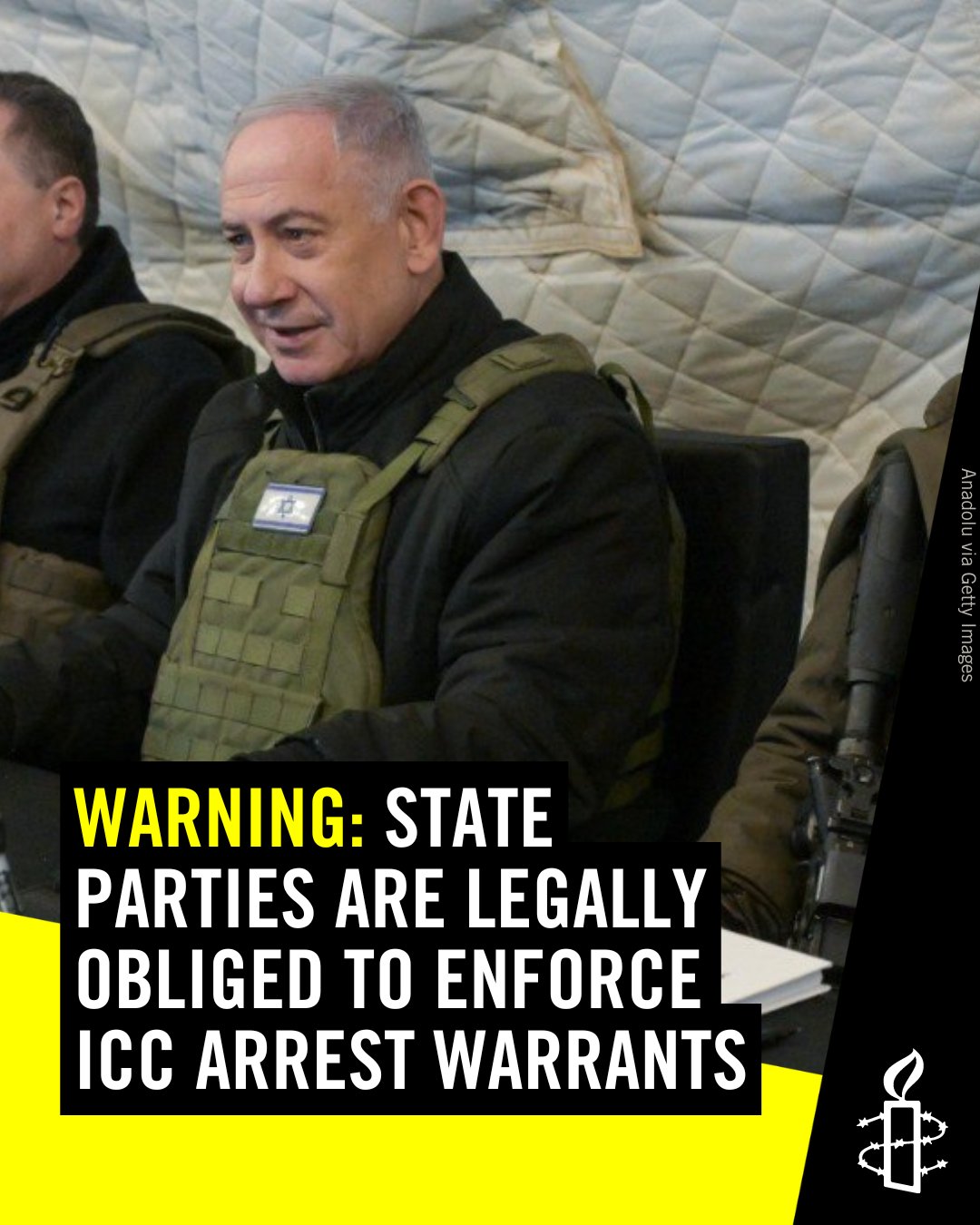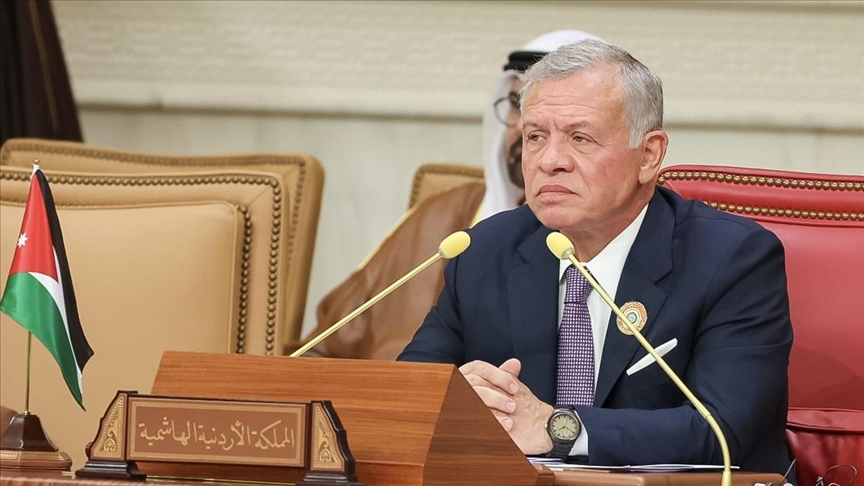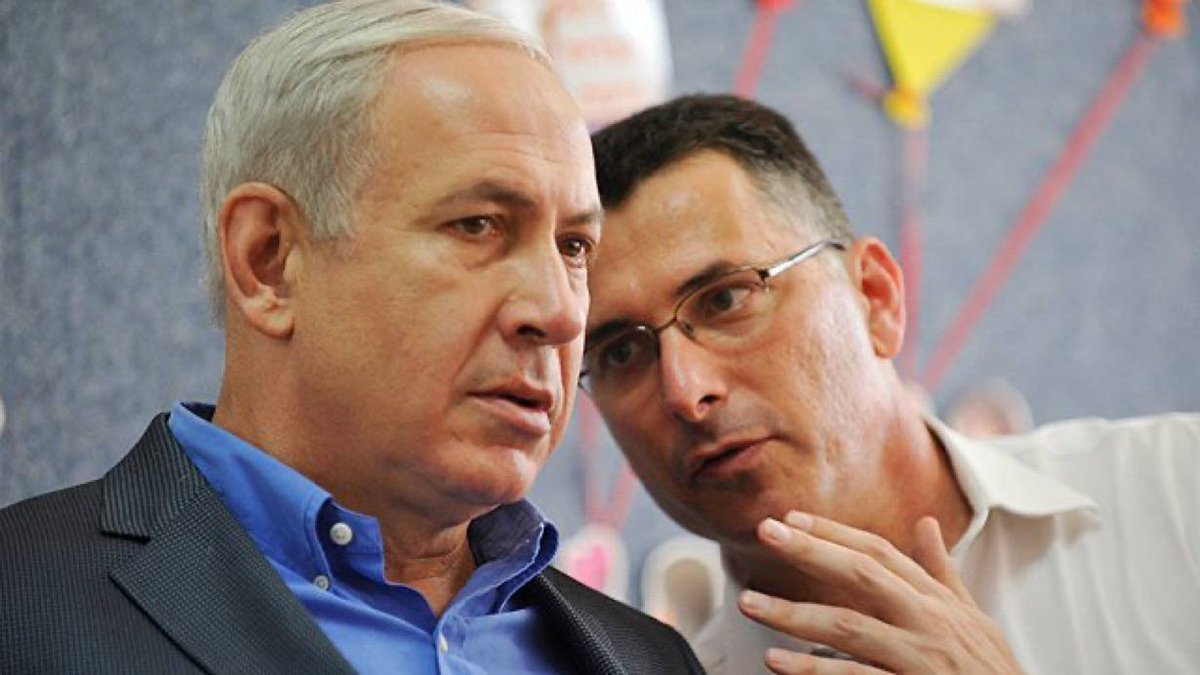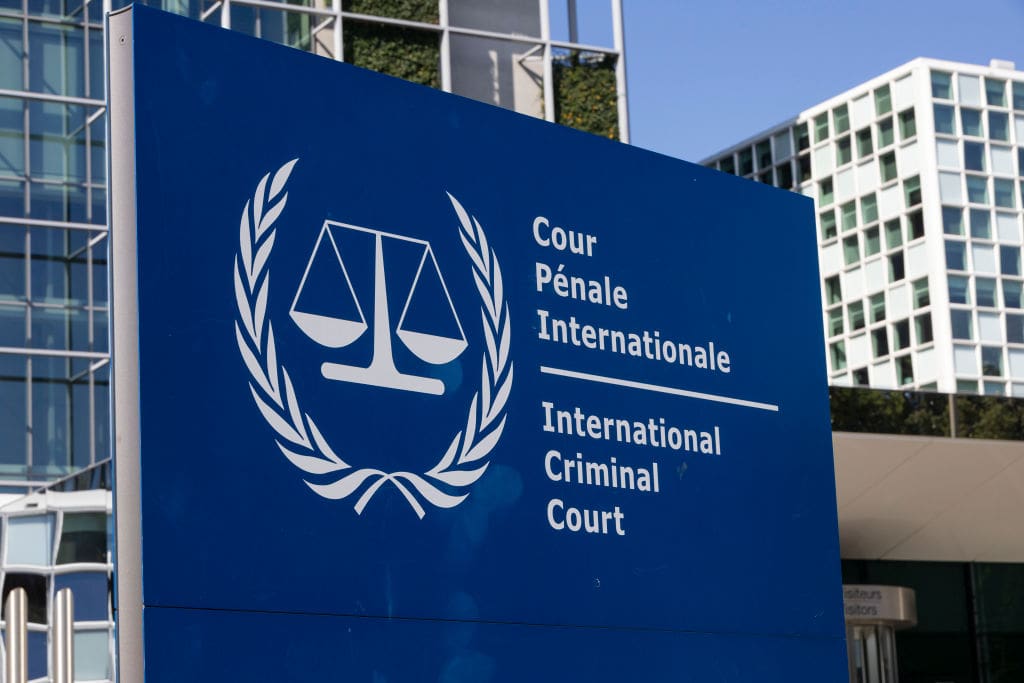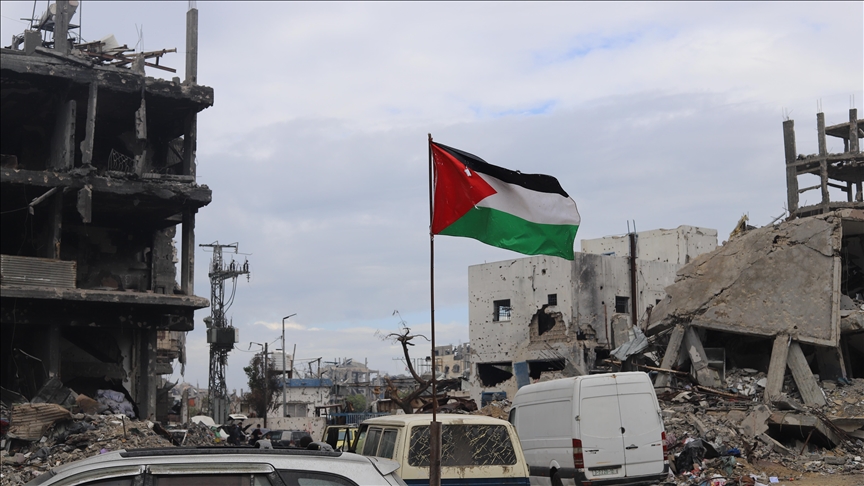Amnesty Condemns Netanyahu’s Visit to Hungry
Responding to reports that Hungary’s Prime Minister Viktor Orbán has invited and plans to host Israel’s Prime Minister Benjamin Netanyahu in Hungary on Wednesday, Erika Guevara-Rosas the head of Global Research, Advocacy and Policy of Amnesty International said:
“Prime Minister Netanyahu is an alleged war criminal, who is accused of using starvation as a method of warfare, intentionally attacking civilians and the crimes against humanity of murder, persecution, and other inhumane acts. As a member state of the International Criminal Court (ICC), Hungary must arrest him if he travels to the country and hand him over to the Court. Any trip he takes to an ICC member state that does not end in his arrest would embolden Israel to commit further crimes against Palestinians in the Occupied Palestinian Territory.
“Netanyahu’s reported visit should be seen as a cynical effort to undermine the ICC and its work, and is an insult to the victims of these crimes who are looking to the Court for justice. Hungary’s invitation shows contempt for international law and confirms that alleged war criminals wanted by the ICC are welcome on the streets of a European Union member state.
“Netanyahu’s visit to Hungary must not become a bellwether for the future of human rights in Europe. European and global leaders must end their shameful silence and inaction, and call on Hungary to arrest Netanyahu during a visit which would make a mockery of the suffering of Palestinian victims of Israel’s genocide in Gaza, its war crimes in other parts of the Occupied Palestinian Territory and its entrenched system of apartheid against all Palestinians whose rights it controls.
“Amnesty International calls on the ICC Prosecutor to investigate and prosecute all Israel’s crimes. Hungary should equally do so by applying universal jurisdiction principles. Powerful leaders, like Netanyahu, accused by the ICC of war crimes and crimes against humanity, must no longer enjoy the prospect of perpetual impunity.”
“The ICC was established to ensure accountability for victims of genocide and other crimes under international law, and so that crimes which shock the human conscience would “never again” be accompanied by impunity. In ‘bringing power to justice’, the ICC is now facing a global backlash from powerful leaders seeking to undermine the international rule of law and stamp out the prospect of accountability for the most powerful.”
Background
In November 2024, the ICC issued arrest warrants against Israeli Prime Minister Benjamin Netanyahu and former Defence Minister Yoav Gallant, as well as al-Qassam brigades commander Mohammed Diab Ibrahim Al-Masri, on charges of war crimes and crimes against humanity.
Since then, leaders from ICC member states France, Germany, Italy, Hungary and Poland have stated or implied that they would not arrest Benjamin Netanyahu if he travelled to their respective countries. The United States has also enacted sanctions against the ICC Prosecutor, Karim Khan.
A cornerstone principle of the ICC’s founding Rome Statute is that all individuals subject to ICC arrest warrants must be arrested and surrendered to the Court without recourse to immunity when they are within the jurisdiction of ICC member states, including on their territory.

